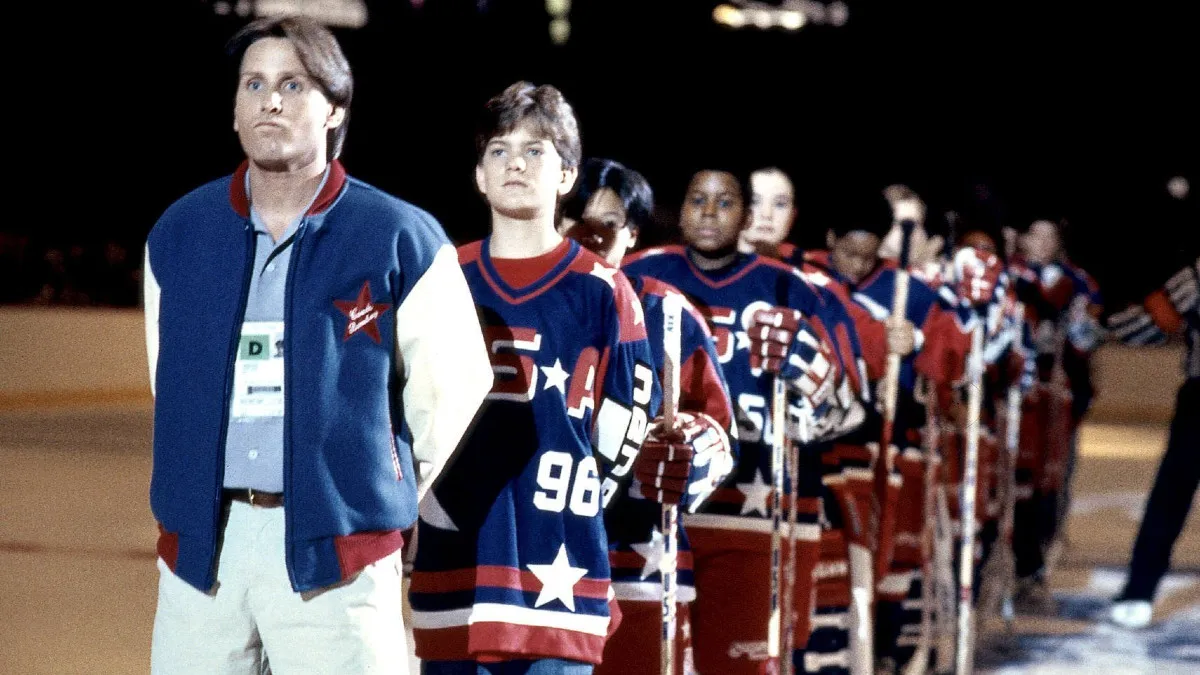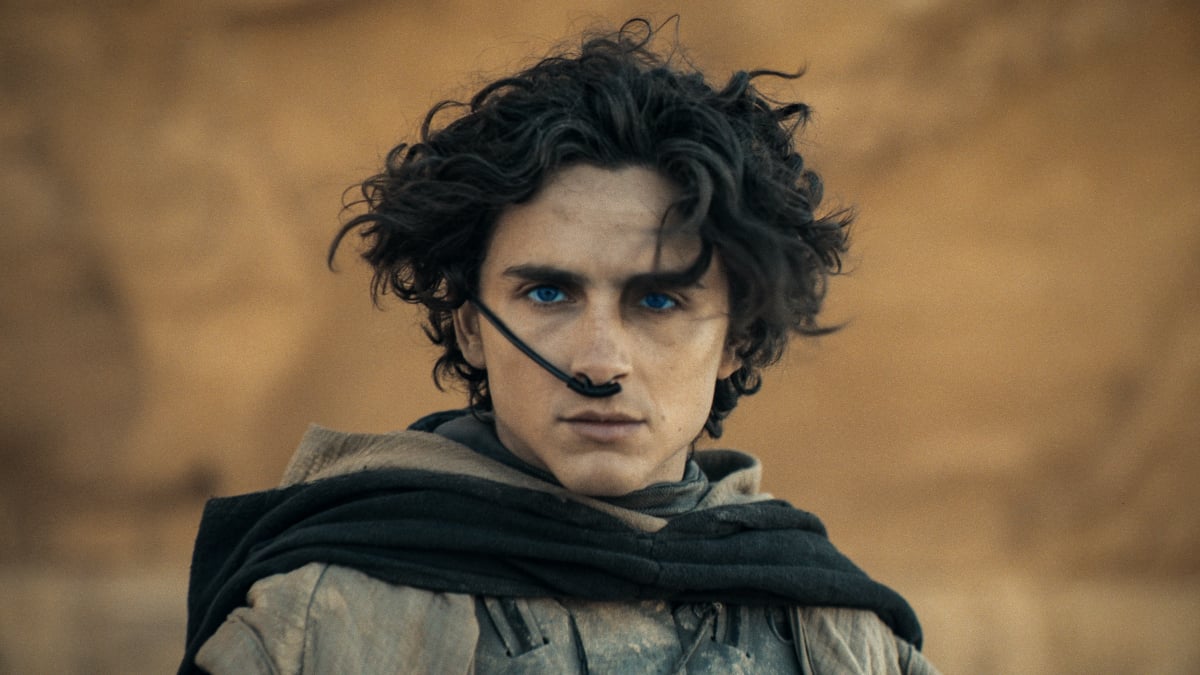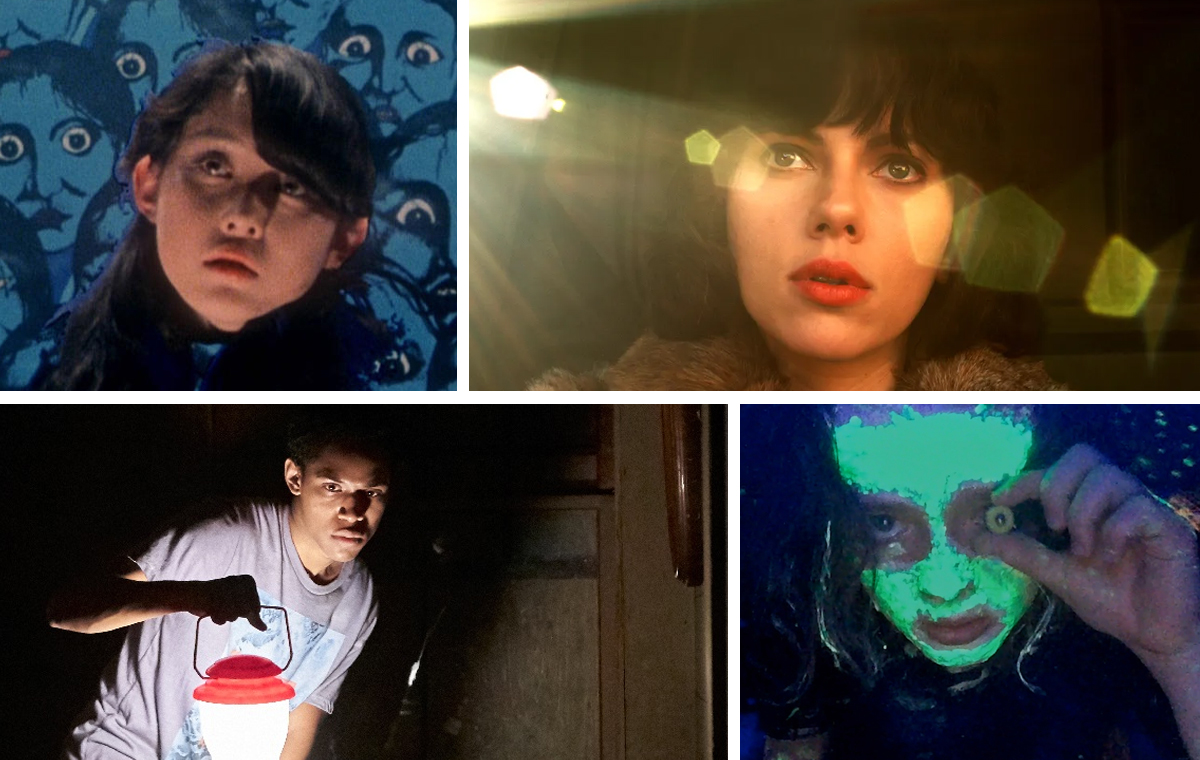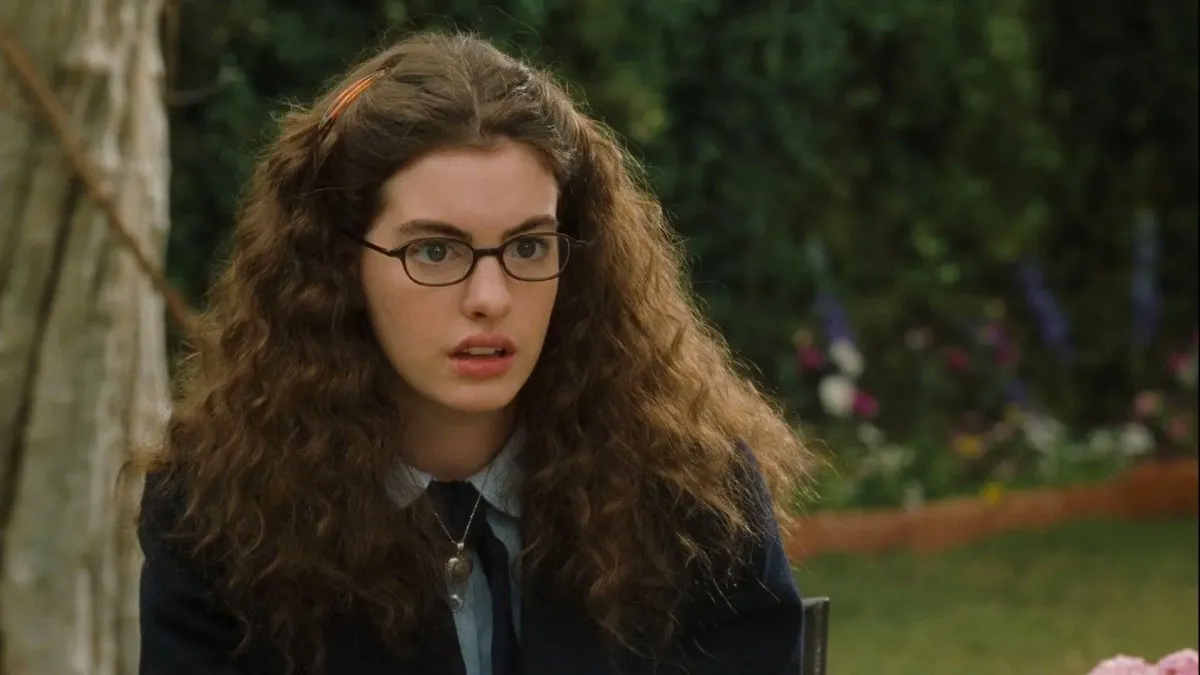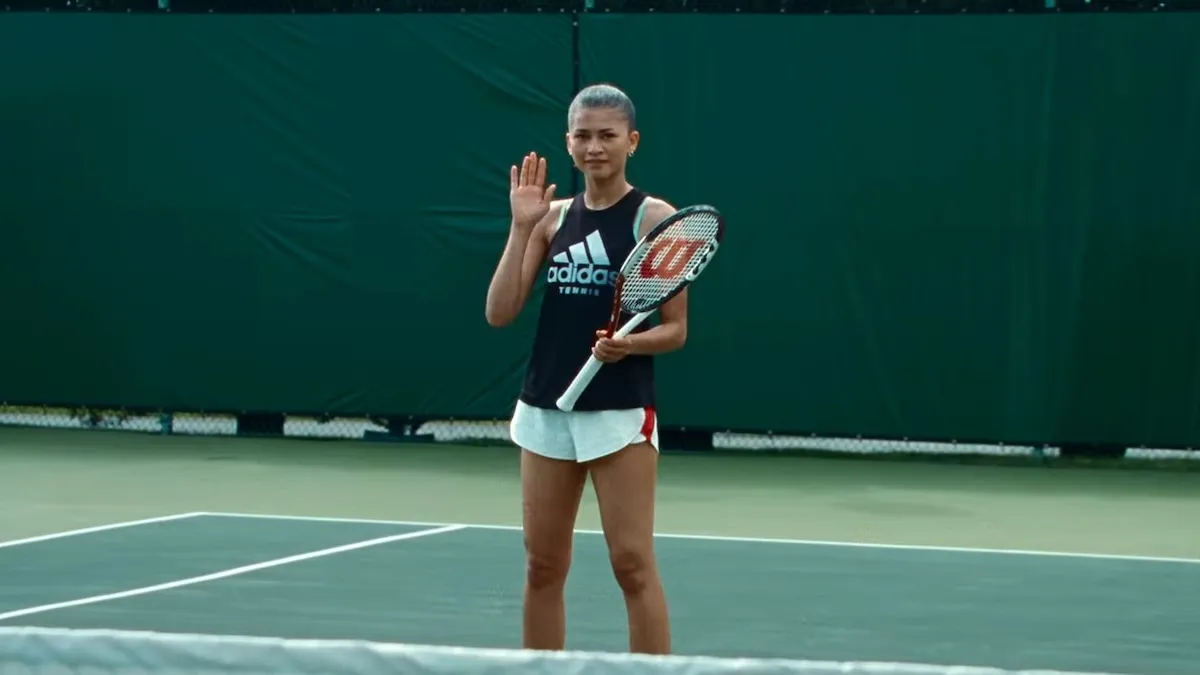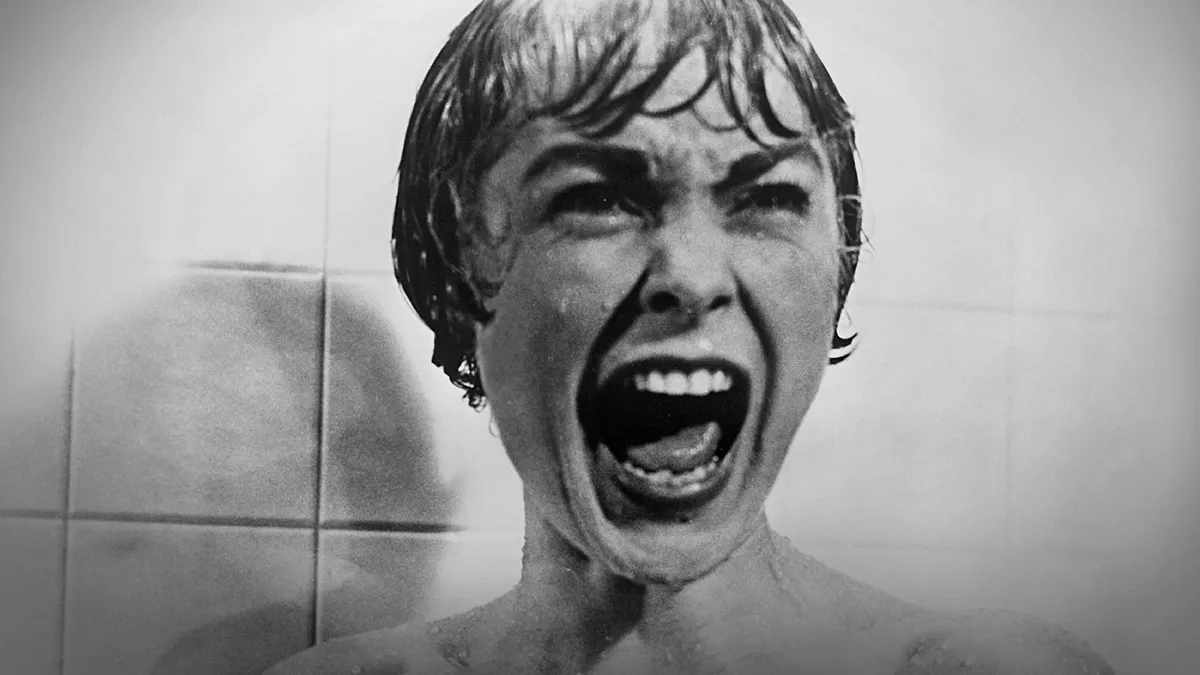On March 25, 1994, Disney released what is arguably one of the greatest sequels ever made. I’m talking, of course, about D2: The Mighty Ducks, the second installment of the iconic children’s hockey trilogy that launched a thousand dreams and an NHL team.
Now, before anyone starts shaking their head angrily or muttering under their breath, I’m not implying that D2: The Mighty Ducks is on the same level of filmmaking or storytelling as other famously fantastic sequels like The Empire Strikes Back, The Lord of the Rings: The Two Towers, Terminator 2: Judgment Day, Aliens, The Dark Knight, The Godfather Part II, or Paddington 2 (yes, Paddington 2 deserves to be a part of that list). Of course, a PG-rated Disney sports movie isn’t comparable to those masterpieces. That doesn’t mean, however, that it can’t still be viewed as one of the best sequels ever made.
Sequels are notoriously difficult to get right. They need to elevate what came before, take the story and characters to new heights, and give the audience a different experience while honoring what they loved about the original. So many sequels squeeze the life and magic out of a story. Franchises like Ghostbusters, Jaws, and Jurassic Park could never recapture what made those original movies so special in the first place. D2: The Mighty Ducks, on the other hand, absolutely did, and it made the franchise even better.
What makes D2: The Mighty Ducks so special?

On the surface, it may seem as though D2: The Mighty Ducks and its predecessor, The Mighty Ducks, have eerily similar stories. The team needs to learn to work together when new members are added, Coach Bombay (Emilio Estevez) needs to deal with some personal issues and remember that money isn’t everything, and the Ducks’ final opponents are a “stronger” team with an all-black uniform. Sure, the stakes are raised, as the Ducks are now Team U.S.A. and competing in the Junior Goodwill Games as opposed to battling for pride in a local peewee hockey league, but the story is basically the same. Right?
Wrong.
The Mighty Ducks was, without a doubt, Coach Bombay’s film. He was the character that got the most development, and the emotional climax of the story was about his history and his need to overcome it, rather than the kids. The Ducks’ final game against the Hawks was about Bombay coming to terms with the death of his father and his need to understand that his old coach wasn’t a great man but rather a bully. Charlie Conway (Joshua Jackson) taking the final penalty shot, paralleling Bombay’s missed chance decades previously, is about Bombay getting closure and finally moving on. The kids learn from him, of course, Charlie especially, but this is Bombay’s film. The kids are there to aid his development.
In D2: The Mighty Ducks, it’s the other way around. Yes, Bombay is once again the center of attention, and he has another lesson to learn as he falls into the trap of celebrity and fame and forgets what’s really important. But in this movie, he’s there to help the kids, and the kids even learn to help themselves. My favorite scene in D2 is when the team heads out to meet future teammate Russ (Kenan Thompson) to play a game of roller hockey. The slump the Ducks have been experiencing has hit them hard, and Russ, his brother, and his friends not only teach them to find joy in hockey again but give them a few new moves to try out, too. Crucially, Bombay is nowhere to be found. D2: The Mighty Ducks not only gives Bombay an emotional arc but individual team members finally get a chance to develop, too.
The final showdown between Team U.S.A. and Iceland perfectly captures this. Bombay may be their official coach, but Charlie is also calling the shots, and the kids are using the new moves they learned to help them win the game. Bombay may have formed this team, and he’s certainly helped them grow, but this is their match, not his. The shootout makes this abundantly clear. New team member Julie (Colombe Jacobsen), who’s hardly had any time on the ice because of the choices Bombay made, gets to be the star that wins them the gold. Bombay’s inspirational speech may have spurred the team on, but they got the job done themselves.
This is a new version of the Ducks, as symoblized by their new jerseys, and Bombay will, as evidenced by D3: The Mighty Ducks, need to learn to let them go. This is what makes D2 such a successful sequel. It recognized that, if the franchise wanted to keep succeeding, it needed to grow beyond Bombay’s involvement, and that’s reflected in the team’s story.
Sure, D2: The Mighty Ducks is cheesy at times, and despite my knowledge about North American hockey being rudimentary, at best, it’s still genuinely funny that Canada is nowhere to be found during the Junior Goodwill Games. But D2 also contains one of the most fun and memorable “getting the gang back together” scenes, and it introduces some of the franchise’s best and most interesting characters. Most importantly, it lets the kids grow up.
As a sequel, D2: The Mighty Ducks did exactly what it was supposed to do: it reminded us why we loved the first movie so much, and it made us excited to see where the team was headed next while telling a properly fun and well-rounded story. What more could you ask for?
(featured image: Buena Vista Pictures Distribution/Disney)



